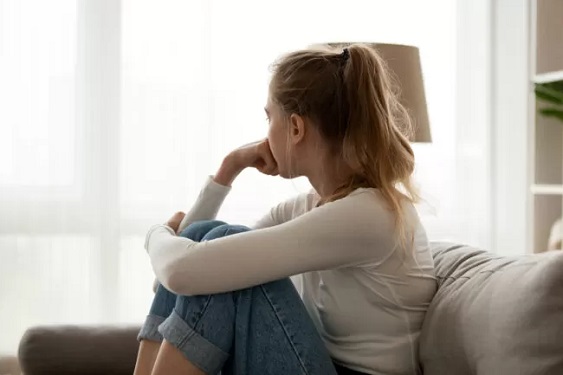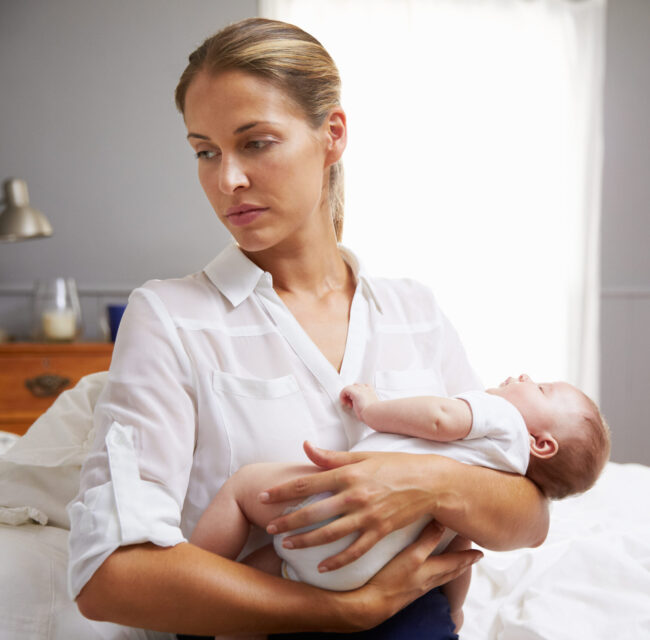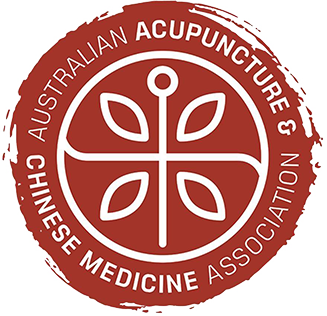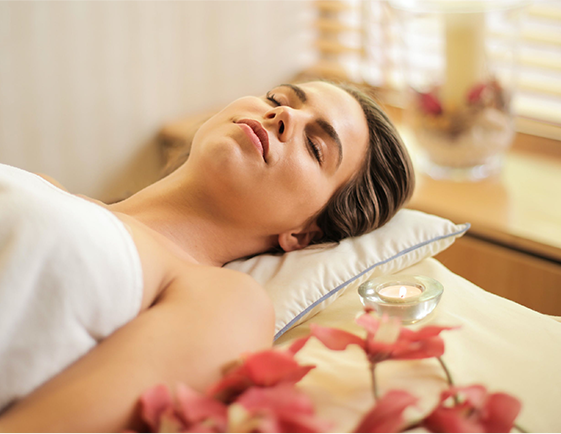What is anxiety?
Anxiety Disorders (OCD, Phobia Disorder, General Anxiety Disorder and Panic Disorder) can be treated effectively with acupuncture therapy. Anxiety is your body’s natural response to stress. It is a feeling of fear and apprehension about what is to come. There are plenty of things that may cause most people to feel anxious for example the first day at a new job, public speaking or going for a job interview. Anxiety however is more than just feeling stressed or worried. While stress and anxious feelings are a common response to a situation where we feel under pressure, they usually pass once the stressful situation has passed. Anxiety is when these anxious feelings don’t go away – when they’re ongoing or happen without any particular reason or cause.









